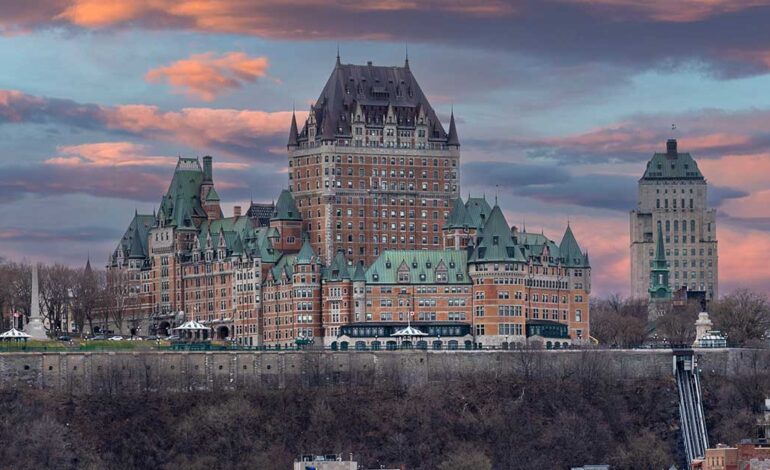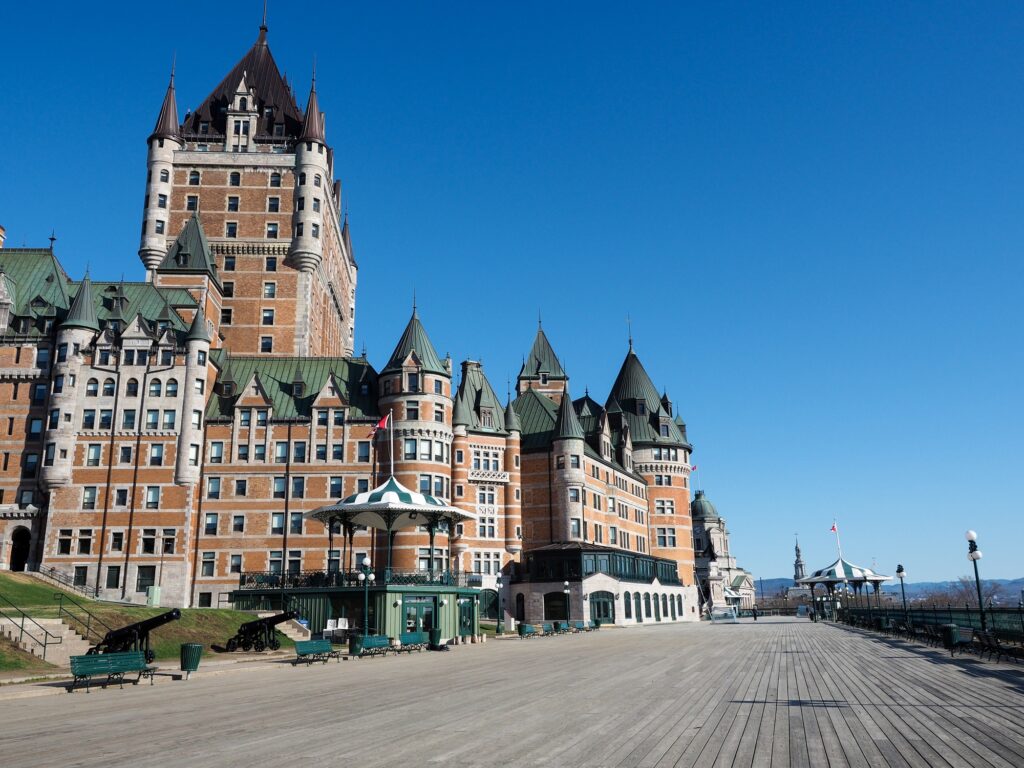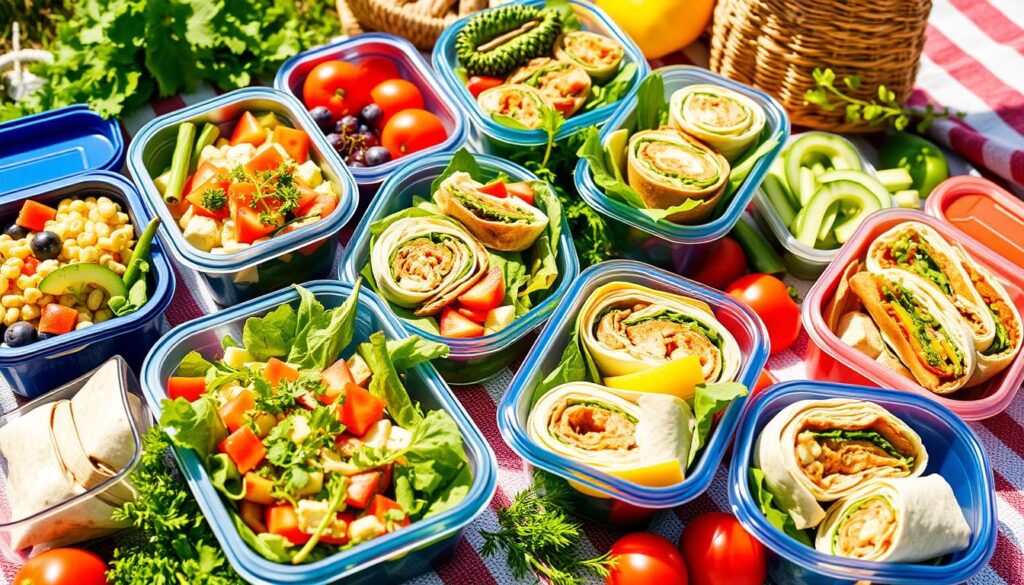
Fun Facts About Quebec
Introduction
When people think of Quebec, many immediately picture cobblestone streets, French charm, and maple syrup. However, this Canadian province is much more than its iconic clichés. Quebec boasts a rich history, vibrant culture, and fascinating traditions that set it apart not just from the rest of Canada but from much of the world. In this article, we will dive into fun facts about Quebec that will surprise, educate, and entertain you.
From its European roots to modern-day festivals, Quebec is packed with stories and surprises. Whether you’re planning a trip, studying its history, or simply curious, these facts offer a new appreciation for one of North America’s most unique regions.
Quebec Is the Only Predominantly French-Speaking Province
One of the most well-known fun facts about Quebec is that it’s the only province in Canada where French is the official language. Approximately 85% of Quebec’s population speaks French as their first language. This linguistic identity has been fiercely protected through legislation like Bill 101, which ensures that French remains dominant in daily life, education, and business.
Quebec City Is a UNESCO World Heritage Site
Quebec City’s Old Town, known as Vieux-Québec, is a UNESCO World Heritage Site. This distinction honors the city’s well-preserved architecture, fortified colonial core, and European charm. Walking through Old Quebec feels like stepping back in time with its cobblestone streets, majestic castles, and centuries-old churches.
The Birthplace of Poutine
Foodies, rejoice! One of the tastiest fun facts about Quebec is that it’s the birthplace of poutine—a savory dish made of fries, cheese curds, and gravy. Originating in rural Quebec in the late 1950s, poutine has since become a beloved comfort food across Canada and beyond.
Home to the World’s Largest Winter Carnival
Every year, Quebec City hosts the Carnaval de Québec, the largest and most famous winter carnival in the world. Complete with parades, ice palaces, snow sculptures, and the iconic mascot Bonhomme Carnaval, this festival draws hundreds of thousands of visitors annually.
Quebec Has Its Own National Holiday
While the rest of Canada celebrates Canada Day on July 1st, Quebec has its own national holiday: Saint-Jean-Baptiste Day on June 24th. This day is a major celebration of Quebecois culture and heritage, featuring parades, concerts, and fireworks.
The Tremblant Ski Resort Is a Global Attraction
If you love skiing, you’ll appreciate knowing that Mont Tremblant, located in the Laurentian Mountains, is one of the top ski resorts in North America. Beyond winter sports, Tremblant offers beautiful hiking trails, golfing, and lakeside adventures during the summer months.
Quebec Produces Over 70% of the World’s Maple Syrup
Another delicious fun fact about Quebec is its massive contribution to maple syrup production. Quebec produces more than 70% of the world’s maple syrup, and the province even has a strategic reserve of maple syrup—often humorously compared to a gold reserve!
Ice Hotel (Hôtel de Glace)
Each winter, Quebec builds an incredible ice hotel—the only one of its kind in North America. Made entirely of ice and snow, the Hôtel de Glace features stunning ice sculptures, frozen bedrooms, and even an ice bar where guests can sip cocktails from ice glasses.
Montreal Is Home to the Largest Jazz Festival
Montreal hosts the Festival International de Jazz de Montréal, the largest jazz festival in the world according to the Guinness World Records. Each summer, this event draws around 2 million music lovers and features thousands of artists from dozens of countries.
Unique Legal System
Another of the unique fun facts about Quebec is its legal system. While the rest of Canada follows common law, Quebec operates under a civil law system based on the French Napoleonic Code. This influences contracts, property rights, and other aspects of life in the province.
Quebec’s Flag Symbolism
The flag of Quebec, known as the Fleurdelisé, features a white cross and four fleur-de-lis on a blue background. The design symbolizes the French heritage and Catholic roots of the province, officially adopted on January 21, 1948.
The Magnificent Laurentian Mountains
The Laurentians are among the oldest mountain ranges in the world, dating back over 540 million years. Besides their geological significance, they offer picturesque landscapes, ski resorts, lakes, and charming villages perfect for year-round adventures.
Quebec’s Massive Land Area
Quebec is Canada’s largest province by area, covering about 1.5 million square kilometers. It’s so vast that it could fit several European countries within its borders. Despite its size, much of Quebec’s land remains wild and sparsely populated, rich with forests, lakes, and rivers.
The Story Behind the Chateau Frontenac
The Château Frontenac, one of the most photographed hotels in the world, dominates Quebec City’s skyline. Built in 1893, it was designed to encourage luxury travel by railway. Today, it remains a symbol of the city’s historic elegance.
An Island in the Middle of a City
Montreal is built on an island—Île de Montréal—situated between the Saint Lawrence and Ottawa Rivers. This geographical fact shapes the city’s vibrant waterfront culture, with dozens of parks, beaches, and riverside activities.

Frequently Asked Questions (FAQs)
What language is primarily spoken in Quebec?
French is the primary language spoken in Quebec. Approximately 85% of the population speaks French as their first language.
Is Quebec City older than Montreal?
Yes, Quebec City was founded in 1608 by Samuel de Champlain, making it one of the oldest cities in North America, older than Montreal, which was founded in 1642.
What is Quebec known for food-wise?
Quebec is famous for poutine, tourtière (a traditional meat pie), maple syrup products, and French-inspired cuisine.
When is the best time to visit Quebec?
It depends on your interests! Winter is perfect for the Carnaval and skiing, while summer offers festivals and lush landscapes.
Does Quebec have a different legal system than the rest of Canada?
Yes, Quebec operates under a civil law system based on the Napoleonic Code, while the rest of Canada uses common law.
What is the Carnaval de Québec?
It’s the world’s largest and most famous winter carnival, featuring parades, snow sculptures, and a giant ice palace.
Why is the Quebec flag blue and white?
The blue and white flag reflects Quebec’s French Catholic heritage, with the fleur-de-lis symbolizing purity and loyalty.
What are some major cities in Quebec?
Major cities include Montreal, Quebec City, Laval, Gatineau, and Sherbrooke.
What outdoor activities are popular in Quebec?
Skiing, snowboarding, hiking, kayaking, and cycling are very popular outdoor activities throughout the year.
How important is maple syrup to Quebec’s economy?
Very important—Quebec produces over 70% of the world’s maple syrup, contributing significantly to its agricultural economy.
Conclusion
Quebec’s uniqueness cannot be overstated. With its proud French-speaking population, world-class festivals, historic cities, and breathtaking landscapes, the province offers a vibrant blend of tradition and modernity. These fun facts about Quebec reveal a region full of wonder, creativity, and resilience. Whether you’re captivated by its culture, cuisine, history, or natural beauty, Quebec continues to leave an indelible impression on everyone who experiences it.






